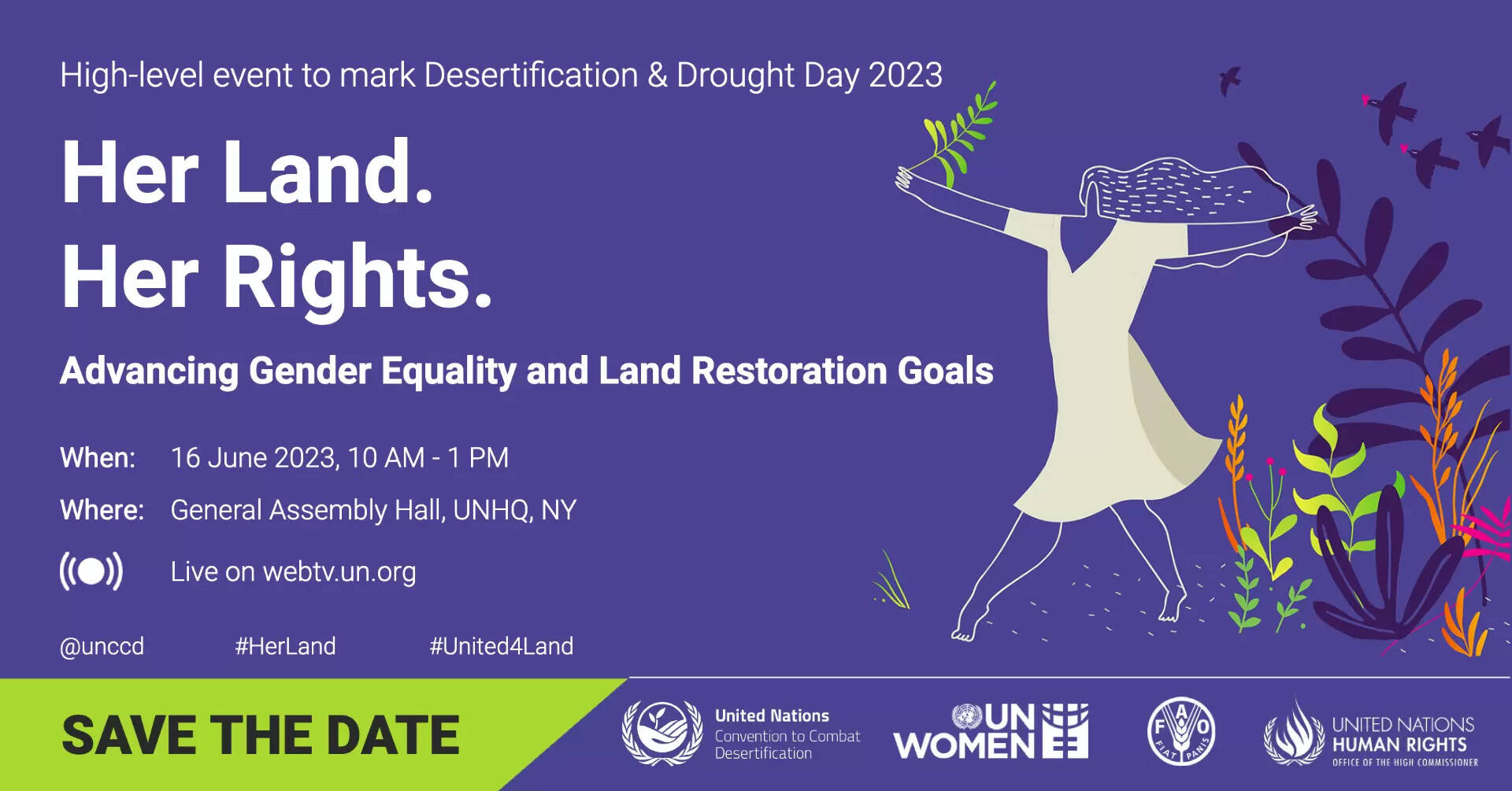Women's Contribution to Rangeland Cultivation: A Policy Blind Spot

This rangelands study is supported by the CGIAR Gender Platform and Livestock and Climate Initiative, and partnered by Western University, Canada
-----
On World Day to Combat Desertification and Drought 2023: Her land. Her rights, we highlight an ICARDA study that addresses the gender-specific challenges dryland women face in achieving sustainable and equitable use and management of rangelands.
Rangeland cultivation is a vital source of income for rural communities in Tunisia, especially those dependent on livestock rearing. But climate change impacts such as rangeland degradation severely threaten the sustainability of these livelihoods, and women, with less support available, bear the brunt.
Due to the feminization of agriculture in the region, defined as increased involvement in agriculture without a commensurate increase in decision-making and access to resources, women hold a vital stake in the health of the land. But even as women now represent around 45% of farm workers in the region, they often lack control over their land, and policies have yet to catch up.
Both male and female rangeland farmers in Tunisia face challenges in accessing adequate agricultural extension services, credit services, banking institutions, and training to support income generation and livelihood diversification. However, women often experience additional challenges due to gender norms and cultural practices, which exclude them from agri-trainings, rangeland governance, and owning land on par with men. Women are particularly at risk because of entrenched gender roles and responsibilities, restrictive sociocultural norms, and lower access to productive resources, technology, markets, finance, and information.
Why recognizing women's contribution to sustainable rangeland management is vital
Dr. Dina Najjar, Senior Gender Scientist, ICARDA, conducted a study in Tunisia based on women's needs and priorities to help inform more favorable policy. By interviewing 289 individuals, the study helped understand how men and women participate in livestock grazing and rearing activities and their different challenges and responses to climate change. The findings stressed the importance of equitable access in the sustainable management of rangelands, including avoiding approaches that increase desertification.
Unsurprisingly, the study reinforced ICARDA's knowledge that women are more actively involved in livestock grazing and rearing activities than assumed in policy circles. But the study also highlighted how women and men from the same households and communities address the activities. Men appear to respond to the effects of climate change by spending more money on activities such as purchasing more feed from the market and hiring labor to plant trees to raise livestock. However, women respond by doing more manual labor, such as collecting forage for animal feed, bathing, and feeding livestock, and cleaning up after them.
The study also found that because women rarely own land, accessing loans and credit is limited since they cannot offer collateral. Women also have weaker access than men to support services and training in culturally considered 'masculine' skills, such as better irrigation and other drought-mitigation strategies.
Further, as women do most of the work around rearing livestock and manual labor of crop growing, the study found that available training, and even research, are also skewed towards men's concerns. Training on drought management generally focuses on supplementary and alternative irrigation techniques and practices, neglecting other important drought mitigation and management strategies such as introducing cacti as livestock feed, more drought-tolerant crops, and rearing resilient animal breeds, all of which better care for the land. Creating access to fodder markets and providing subsidies to enable women farmers to purchase fodder are crucial complementary measures to ensure that livestock has adequate fodder and that rangelands are occasionally allowed to remain fallow to regenerate.
Failing to consider women's needs and priorities in formulating policy deprives women of voice and representation in policymaking. It also denies future management policies and practices of women's valuable insights and knowledge. Promoting women's empowerment in sustainable land management and restoration efforts is crucial to making them an integral part of global drought resilience and land restoration initiatives, while focused attention must be paid to agri-research projects to ensure gender equity. Investing in women's equal access to land and associated assets is a direct and sensible investment in their and the land's future.
Read the complete publication: "Even the Goats Feel the Heat:" Gender, Livestock Rearing, Rangeland Cultivation, and Climate Change Adaptation in Tunisia, by Dr. Dina Najjar, Senior Gender Scientist, ICARDA.

